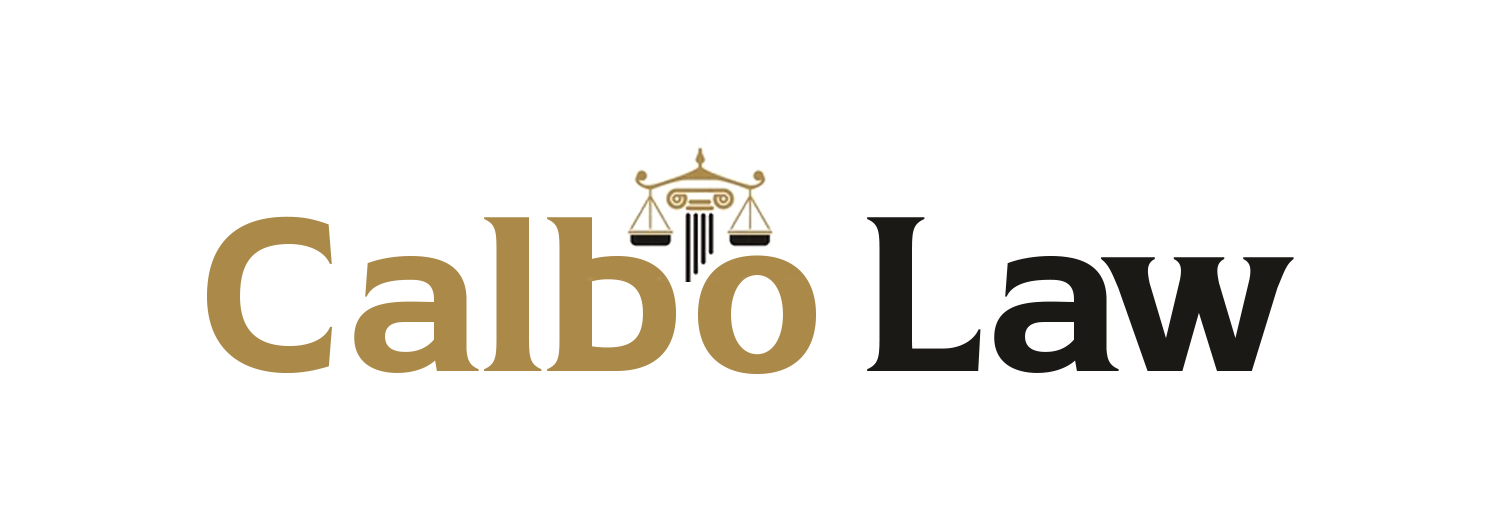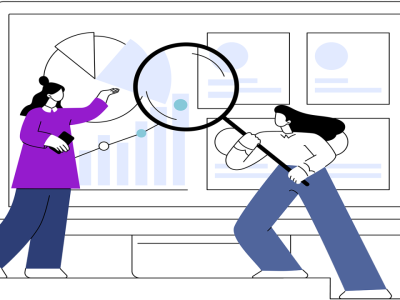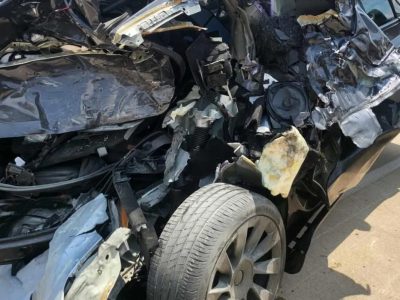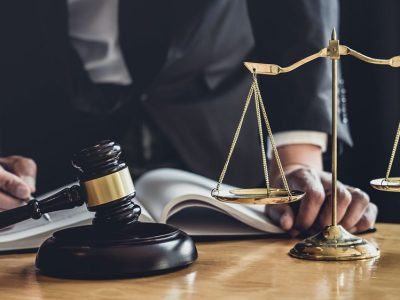In the United States, the amount of debt owed by students is second only to mortgage loan debt. As of 2019, only mortgage loan debt is greater than student loan debt. About $1.5 trillion is owed in student loan debt by 44 million borrowers. You may be struggling with student debt and wonder if bankruptcy will help you get rid of your student loans. In the article below, our Jacksonville bankruptcy lawyer discusses bankruptcy and student loans.
This Article Covers the Following Topics:
- Can Bankruptcy Eliminate Student Loans
- Who Qualifies for a Hardship Bankruptcy Discharge on Student Loans
- Why should I file bankruptcy if I have student loans?
Does Bankruptcy Get Rid of Student Loans?
Most debts are dischargeable in bankruptcy. Some debts, however, are not dischargeable through bankruptcy. Unfortunately, the majority of student loans fall under this category. Student loans are not dischargeable by bankruptcy.
Unsecured debts refer to debts without collateral. A mortgage loan, for example, is usually secured by real property and a loan secured by a car is typically secured with a vehicle. The lender can repossess the vehicle or home if the borrower fails to pay. To collect an unsecured credit card debt, the creditor must file a lawsuit for debt collection and obtain a court judgment.
Student loans are unsecured. The student loan company does not require a borrower to give them a lien against their home, car, or any other property in order to get the loan. Student loans are not dischargeable in bankruptcy, unlike credit card debts and medical bills.
Debts which are not usually eliminated when you file for Chapter 7 or Chapter 13 bankruptcy include:
- Student loan debts
- Alimony or Spousal Support
- Support payments for children
- Most tax debts
- DUI Restitution and Judgments
- The government is responsible for the majority of debts
For those who need debt relief, a bankruptcy case is still the best solution. Call 904-432-1200 to learn if bankruptcy is the best option for you.
Who Can Qualify for a Bankruptcy Hardship Discharge on Student Loans?
In some cases, a Chapter 7 bankruptcy can be used to obtain a hardship discharge of a student loan. You must, however, prove that repaying the student loans will cause you undue financial hardship in order to discharge your student loan debt.
The court has set out three requirements that a borrower must meet in order to discharge student loan debts during bankruptcy. A debtor has to prove all three of these elements before he can discharge student loans through bankruptcy.
- You cannot maintain a reasonable standard of living when you pay your student loans.
- You are unlikely to experience a change in your financial situation during the repayment period of the student loan.
- Your financial situation has led you to make a good-faith effort to repay student loans.
The courts have different views about what constitutes an acceptable standard of living or a good faith effort in repaying the student loan. A student loan could be discharged if the debtor was paying student loans on schedule until he or she became permanently disabled.
Why Should I File Bankruptcy if I Have Student Loans?
You may still benefit greatly from bankruptcy relief, even if your student loan is not dischargeable under Chapter 7 or Chapter 13 bankruptcy. In a Chapter 7 bankruptcy case, your other unsecured debts could be discharged, making it easier to pay back your student loans.
In a Chapter 13 bankruptcy, the same applies. In a Chapter 13 case, however, a portion of your student loans are paid by the Chapter 13 bankruptcy plan and the student loan remains in forbearance. While you are not required to make payments on your student loans during your Chapter 13 bankruptcy case, you will still owe your loan and interest at the end of your case. Some debtors pay small amounts to their student loan companies during the Chapter 13 bankruptcy case to reduce the debt, while others prefer to wait until after the Chapter 13 bankruptcy case is completed to resume payments.
Contact a Jacksonville Bankruptcy Attorney for Help With Student Loans
Many families and individuals are burdened by student loan debt. A bankruptcy filing can help you if you’re struggling to pay off student loans.
Call The Law offices of BrunerWright P.A. Call 904-432 1200 or fill out the contact form to request a free consultation with our Jacksonville bankruptcy attorney.
This post was written by Trey Wright, a Chapter 11 Bankruptcy Lawyer in Jacksonville FL! Trey is one of the founding partners of Bruner Wright, P.A. Attorneys at Law, specializing in bankruptcy law, estate planning, and business litigation.
The information provided on this website does not, and is not intended to, constitute legal advice; all information, content, and materials available on this site are for general informational purposes only. Information on this website may not constitute the most up-to-date legal or other information. This website contains links to other third-party websites. Such links are only for the convenience of the reader, user or browser; the ABA and its members do not recommend or endorse the contents of the third-party sites.











Comments